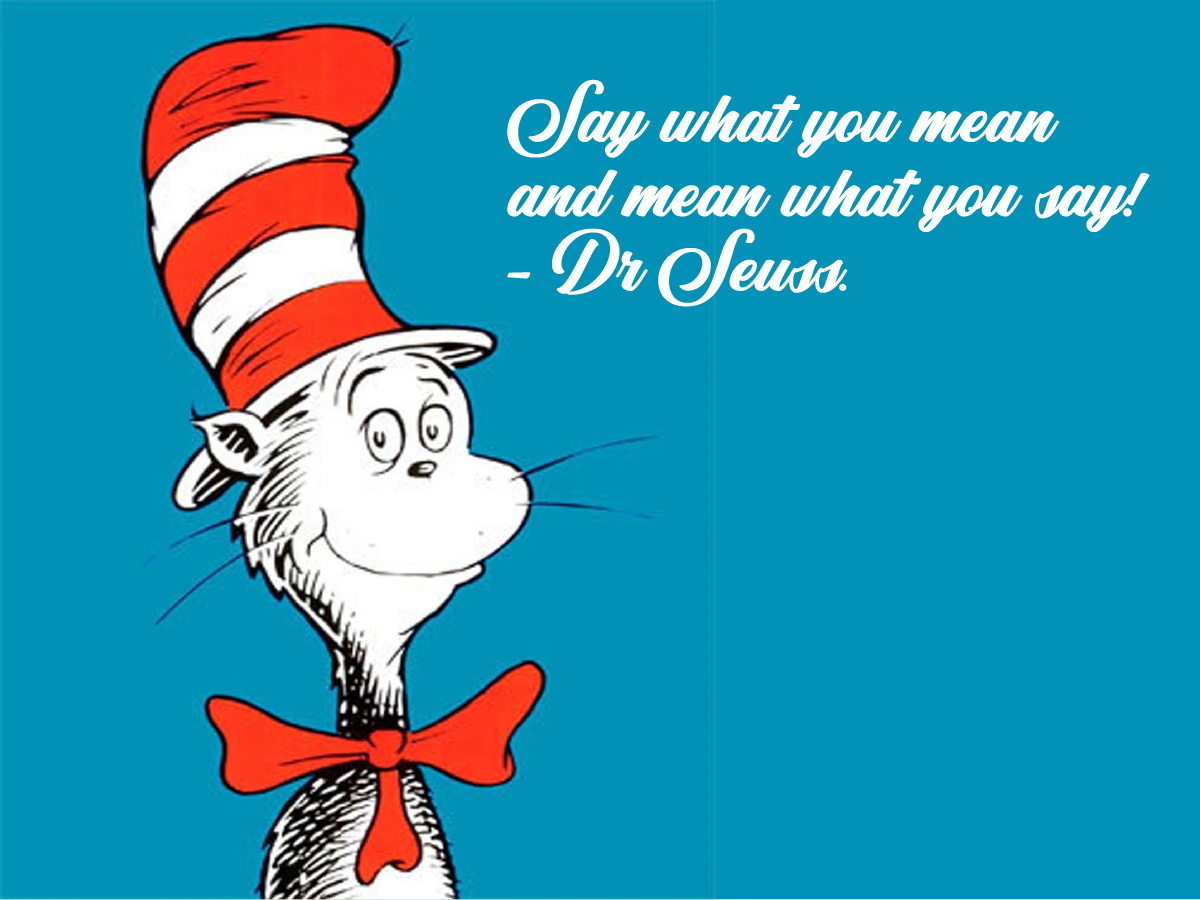The Soft Violence of Niceness
I think being nice is rarely about the other person. I think it’s about control, avoiding discomfort and shame, impression management.
He asked me out then took it back
Recently a guy asked me out. Then did a 180. Then tried to brush it off when I was confused…
“Want to get dinner? Are you free Tuesday?”
He interjects, in the middle of a totally different conversation.
I could feel my pupils retract, you know like in cartoons how a character sees something coming that’s going to end their life and there’s this moment of “fuck”.
It wasn’t a no per se, it was more likely a “not yet”. This man remembered times we had spoken five years ago but even with my amazing memory I couldn’t even recall a single time we spoke, so in his mind we were closer than what the reality was.
The rest of the conversation went like this;
I said “can we do coffee and a walk instead?”
I find side by side interactions more organic, especially when trying to get to know someone, staring into someone’s soul across the dinner table feels like torture if I don’t know what I’m working with.
He said he was easy, then after talking more he says to let him know if Tuesday night works and he can pick me up.
I stalled - it’s actually rare that I don’t know what to say in any given moment.
When some time lapses and I haven’t filled the space, he sends a series of messages to the effect of stating it’s not a big deal and that it was because he was enjoying the conversation, and that he was mostly just extending the hand of friendship.
So I said “oh okay, yeah we can be friends!” I really wasn’t sure what this man was getting at anymore and I was trying to grab onto anything concrete.
His reply was fast - “if that’s all your after”, half an hour later, “anyway, night x”
The next day I reflected and thought maybe I had read it all wrong, and in a clunky way to make glass out of mud I said “hey I’m sorry I read that all wrong, I thought you were asking me out but I realise now you were just being friendly” his quick reply was “haha nooo”.
At which point something in the middle of my brain snaps in two, like a stale, miniature breadstick and I feel the red hot sensation of annoyance radiate through my limbs at lightning speed. Why is it so goddamn hard to say what you mean and mean what you say - surely Doctor Seuss and I weren’t sharing the same fever dream?
I sat with it all day, trying to figure out the best way forward. In the end the emotional labour, whether given to me or taken by me out of a personal over reaching sense of responsibility was uncomfortable and heavy. I knew at some point there would be another message, another DM, another version of the above- and I didn’t want anything to do with it, it made me feel nauseous.
I texted one last time: “Hey, honestly this whole thing now feels too confusing on thinking about it, and it’s completely drained my interest in continuing. I don’t think you’re clear on what you want, you attempted some effort to be direct but this back-and-forth has made things feel off. No hard feelings, but I don’t have the mental capacity for this.”
Was it nice, no. Was it kind? I would say yes, in its clarity.
Clear is kind.
And I wonder what would it have meant to have been ‘nice’ in this scenario. Would it look like a soft fade? A gradual ghost? Leaving him on seen when I didn’t feel like replying? Softly declining or deflecting until he ‘got the message’ and stopped of his own accord, wondering what went wrong and why? Would he blame me or himself? Would it affect the way he approaches his next …. friend? Or should I have gone along with dinner? To the wastage of my own time, sit in the discomfort of being across from someone who I factually know has more of an investment in me than I ever intend on returning. Somehow now, these options don’t sound very nice either on reflection either.
The Cost of Kindness
Something I think about often is how do we expand our ability to hold discomfort. Truth telling and truth accepting are uncomfortable acts sometimes.
Kindness asks us to temper truth with empathy. Kindness asks us to find the best way forward - its not about compromise, its about finding the win win, how do I express myself authentically and how do I deliver information in the best way to someone that I respect and care about?
Niceness feels like it should be harmless, but it often creates the opposite. It’s a social sedative. It keeps people in limbo and it makes you second-guess your instincts. More than that, niceness pushes responsibility onto the other person. You figure out what I meant. You read between the lines. You carry the emotional risk.
Niceness, mostly, is strategic - it’s a Trojan Horse.
It’s performative. It’s about optics over substance. It's “I didn’t want to hurt your feelings” when the truth is “I didn’t want to sit with my own discomfort about hurting your feelings.” - the conflation between the two happens all too frequently.
I think the cost of kindness is losing people who don’t know themselves, who can't handle discomfort, who don’t want to face their issues or short comings in a meaningful way. Niceness costs more than kindness in my opinion. Niceness can cost trust, reputation, perception - all the things that it hopes to control and keep safe. It’s benign and banal to me, who wants to be nice when you could literally anything else with substance. Nice is used as a placeholder instead of being something purposeful.
I think having conviction and being nice are at opposing ends of the spectrum, I don’t find I trust people who don’t show a level of conviction. I also don’t really like them, stand up for what you're saying, say it with your chest.
Niceness exists to not rock the boat, which I think is a shame. Smooth seas make poor sailors.
I definitely have seen my friendships become stronger and more secure and more grounded because we say the true thing and we know we can handle it, theres a deep safety in that and I don’t want to forego that for people who think not telling me the truth is for my benefit when its at my detriment.
Who do you really care about?
What is the personal cost of not being seen, heard and understood?
I care that the people in my life know where they stand with me. I care that I’ve built a life where my real self is welcome. My real self isn’t for everyone. No one is. This is the root of people-pleasing: a naive belief of “if I’m just nice enough, I can be for everyone, I can outrun rejection. I can softly creep my way into universal approval.”
You simply can’t, and you shouldn’t try.
I think those that claim to be nice, or want to be nice fear a significant amount; the fear of ostracisation- I think they fear their shiny exterior being tarnished. The question of “what will people think of me” and I wonder if they ever do dig deeper into that. There is always an invitation to go deeper. I think the greatest thing we can do as individuals is to understand ourselves so intimately that alignment and magnetism occur. People who place niceness above all care too much about what everyone else thinks of them. You cannot control what others think about you, what is in your control is how you show up and what with. In this way I think playing nice is a false version of control.
Kicking The Can Down The Road
Niceness often functions as an avoidance of responsibility, disguised as grace.
Niceness has a cadence of delay.
Delaying the inevitable.
Delaying truth.
Delaying consequence.
It’s off-putting in its putting-off.
The emotional responsibility we don’t want to hold. The hard conversation we don’t want to lead. The mess we don’t want to clean up.
What you resist persists. The can gets kicked down the line until someone, usually someone else, has to pick it up, examine it, deal with the contents. The longer it rolls, the heavier it gets. Delay compounds the weight.
At the heart of this is a question: Who are you leaving your mess for?
When we avoid being direct, with ourselves, with others, we outsource the labour of clarity. We hand someone an emotional puzzle and ask them to solve it.
True responsibility isn’t about control or perfection. It’s about facing what’s yours and handling it before it spills out onto someone else’s lap. Being nice might feel polite in the moment, but it’s almost always selfish in the long run.
One of Forge Forward’s values, as an extension of my own, is about discovery - discovery of the novel, self discovery and the act of uncovering. Here’s what I hope you have taken from this, nice is easy, but kind is clear and I think only one of them builds anything worth keeping.




